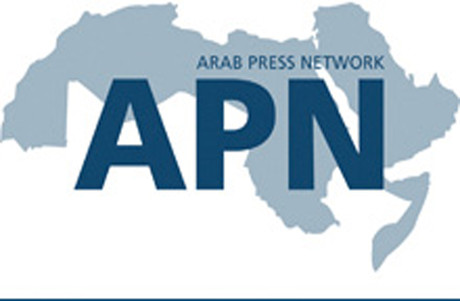Meeting in Tunis in mid-December to discuss the free expression landscape in the new Tunisia, IFEX-TMG members came up with a slew of recommendations that could help the country move forward.
Participants called for the decriminalisation of press offences - the newly-approved press law still contains provisions that criminalise defamation with fines, although prison sentences have been removed from earlier drafts. As well, the criminal code has yet to be revised to eliminate prison sentences related to speech.
The conference declaration also calls on the government to "dismantle the complex system of censorship established under Ben Ali and prevent its resurgence especially in the name of morality." Internet censorship is still authorised, particularly with regards to pornography. Riadh Guerfali, co-founder of the independent blog Nawaat.org, said that there is no judicial recourse for websites which could be censored based on political reasons, let alone on moral concerns.
Recognising the essential role of bloggers in the revolution, a need was recognised to "support digital culture and its promoters, whose action for change has been - and remains - crucial." During the conference, the bloggers panel was one of the most popular, bringing together a diversity of opinions among people who don't often get to meet in person.
In closing remarks at the conference, PEN Tunisia President Naziha Rejiba reiterated the call for free expression, access to information and media independence to be guaranteed under the new Constitution that is being drafted by the Constituent Assembly, which was elected in October during Tunisia's first free elections in decades.
The conference builds on the IFEX-TMG's ongoing campaign to promote free expression reform in the face of "political, economic and social challenges." Partner groups such as the Association of Tunisian Magistrates (AMT) maintain that an independent judiciary is key to institutionalising free expression in Tunisia and preventing people from being jailed for exercising their right to free expression, like journalist Fahem Boukadous, who spoke of the need for editorial independence.
The 12-13 December conference was convened and organised by the World Association of Newspapers and News Publishers (WAN-IFRA), in collaboration with a dozen Tunisian partners and five other members of the IFEX-TMG - the World Association of Community Radio Broadcasters (AMARC), ARTICLE 19, Index on Censorship, the International Press Institute (IPI) and the Arab Network for Human Rights Information (ANHRI).
A boost to the campaign was given by the President of the Constituent Assembly, Mustapha Ben Jafar, who invited the IFEX-TMG to speak to the assembly early next year to promote the recommendations. Ben Jafar, a long-time opposition politician, was among many who thanked the IFEX-TMG for its sustained campaign. "You were there when we needed you," he said.





